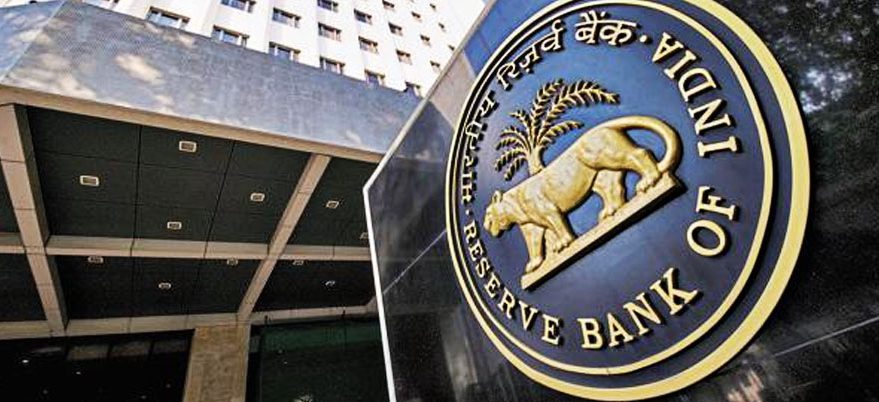|
Getting your Trinity Audio player ready...
|
India’ central bank has sounded the alarm—again—against investing on cryptocurrencies. But is anyone really listening?
On Tuesday, the Reserve Bank of India (RBI) reiterated its concerns about Bitcoin. In a statement, the central bank cautioned “users, holders and traders of virtual currencies (VCs) including Bitcoins regarding the potential economic, financial, operational, legal, customer protection and security related risks associated in dealing with such VCs.”
The warning comes just as the cryptocurrency cleared another price hurdle. On Thursday, BTC traded above the $13,000 level with a market capitalization of over $218 billion, while Bitcoin Cash (BCH) traded at around $1,480 with a $24.93 billion market cap, according to CoinMarketCap data.
“In the wake of significant spurt in the valuation of many VCs and rapid growth in Initial Coin Offerings (ICOs), RBI reiterates the concerns conveyed in the earlier press releases,” RBI Chief General Manager Jose J. Kattoor said in a statement.
This isn’t the first time that the Indian central bank has warned against cryptocurrency trading. In fact, the RBI raised its concerns twice in the past: first in December 2013 and again in February this year, after Bitcoin experienced a surge in popularity following the government ban on 500 and 1,000 currency notes.
In its February warning, the central bank said “it has not given any licence/authorization to any entity/company to operate such schemes or deal with Bitcoin or any virtual currency,” noting that “any user, holder, investor, trader, etc. dealing with virtual currencies will be doing so at their own risk.” RBI has the power to regulate the digital payments industry of India under the Payments and Settlement Systems Act of 2007.
The central bank and the government may have been firm on their stance not to use cryptocurrencies for payments, but they haven’t explicitly banned them either. Nor did they lay down rules to govern the use of cryptocurrencies in the country, contributing further to the uncertainty surrounding the sector. Currently, the government is still deliberating on whether it needs to create a regulatory framework for cryptocurrencies.

 02-24-2026
02-24-2026 




